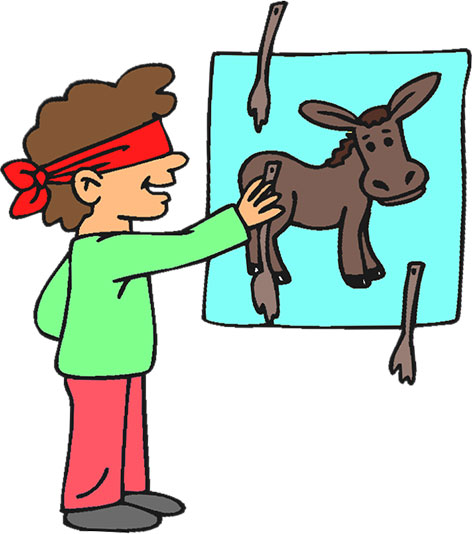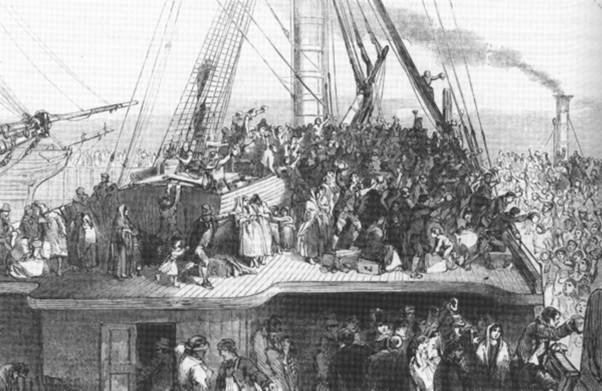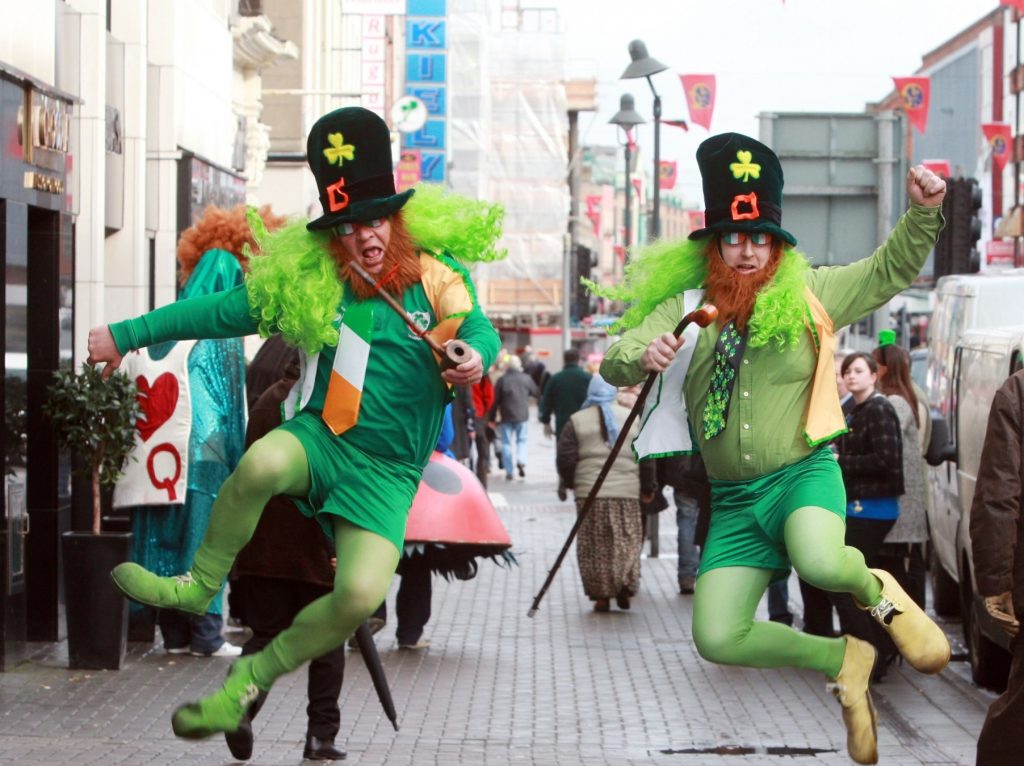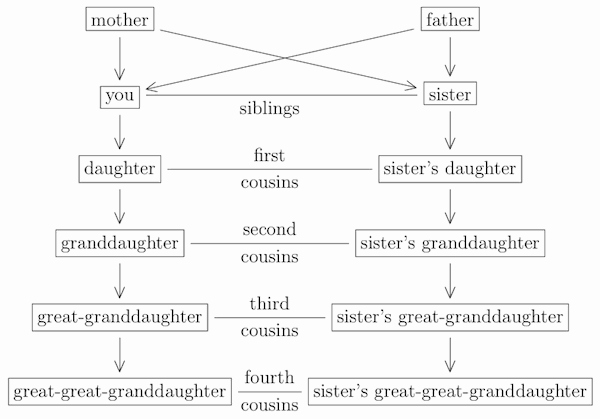As anyone with an interest in Irish genealogy will know, IrishGenealogy.ie is the greatest thing since sliced bread. After decades playing Pin-the-Tail-on-the-Donkey with the printed General Register Office indexes of births, marriages and deaths, the online release of the entire collection of historic GRO records was (and is) an extraordinary liberation.

But like every other wonderful thing in the universe, it’s not perfect. Its quirks are legion and not always obvious. So let me list the most bothersome.
Many stem from a 1980s digitisation project that set out to give GRO staff easier access to records needed for public administration identity proof. It only went back to 1899, because its focus was on the living. If you use the post-1899 indexes in the GRO search room, you’re handling dot-matrix printouts from that project. These post-1899 birth indexes included mothers’ maiden names, very handy for reconstructing families. When IrishGenealogy began to make the indexes available online, they very sensibly used these ones. Hurray!
Except … to search using the mother’s name, you have to use the site’s “More search options” feature. Which gives no indication that if you enter a mother’s name for a birth before 1899, you’ll find no births at all. See Kelly with mother’s name Walsh 1864-1880. Be warned.
Another problem from these post-1899 indexes is their treatment of prefixes, especially those with apostrophes, a recurring nuisance for early coding languages. So O’Brien became “OBrien”, O’Reilly became “OReilly” and so on. IrishGenealogy tried to make allowances by having them as variants of each other, but that hasn’t quite worked. Total BMDs for O’Brien 1900-1921 are 122,200 but there are 124,565 for OBrien and for Brien 123,148. Small differences, but not if they include your ancestors. The same problem occurs with the prefixes Mc, Mac and M’. So be very wary searching for any O or Mc surnames (or any surnames that have O or Mc variants) after 1899.


 A related oddity is the way the site uses surname variants in the “More search options” area. Search for a Grenham/Duignan marriage here and you’ll find precisely one match. But try Duignan/Grenham and you’ll get two. The reason is that the site searches surname variants for the first surname entered, but not for the second. The moral: Always search for marriages with surnames both ways. Something similar happens with the mother’s surname search after 1899. Only variants of the birth name are searched, with no variants of the mother’s.
A related oddity is the way the site uses surname variants in the “More search options” area. Search for a Grenham/Duignan marriage here and you’ll find precisely one match. But try Duignan/Grenham and you’ll get two. The reason is that the site searches surname variants for the first surname entered, but not for the second. The moral: Always search for marriages with surnames both ways. Something similar happens with the mother’s surname search after 1899. Only variants of the birth name are searched, with no variants of the mother’s.
But most peculiar of all is not a bug but a feature. By default, the site searches all name fields for every surname you enter. I think this is intended to be helpful, by spreading the search as wide as possible. But the effect can be very strange. Search for a man with surname Loughlin marrying a Gertrude John and you get 1526 results, including every Loughlin (and variant) marrying a man with first name John, every John Loughlin (and variant), every Gertrude McLoughlin and, wonderfully, in an early example of New Age sologamy, John McLaughlin marrying John McLaughlin in Belfast in 1913.
This is really only a problem with marriages and with births after 1899, where there multiple surnames in each index record. But it can be bewildering. And there’s no way to turn it off.
For a hands-on video demonstrating all this, see https://youtu.be/1mAzghwXI1I



